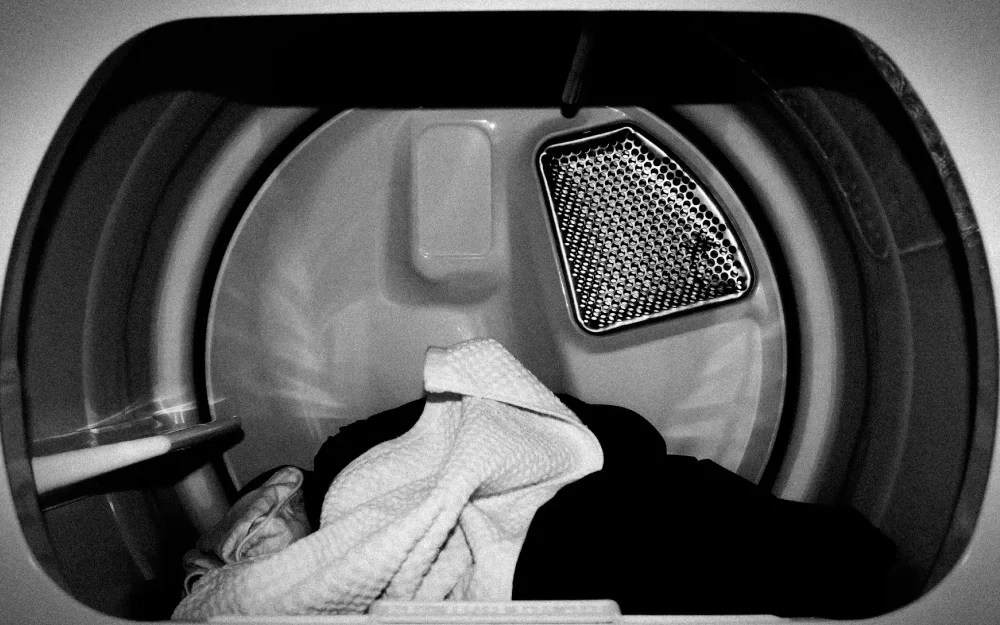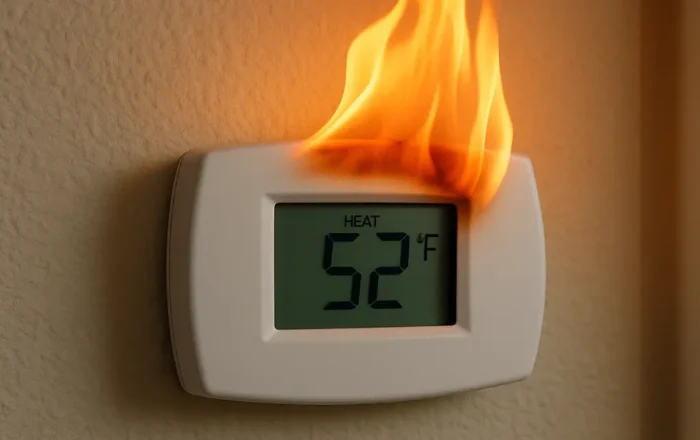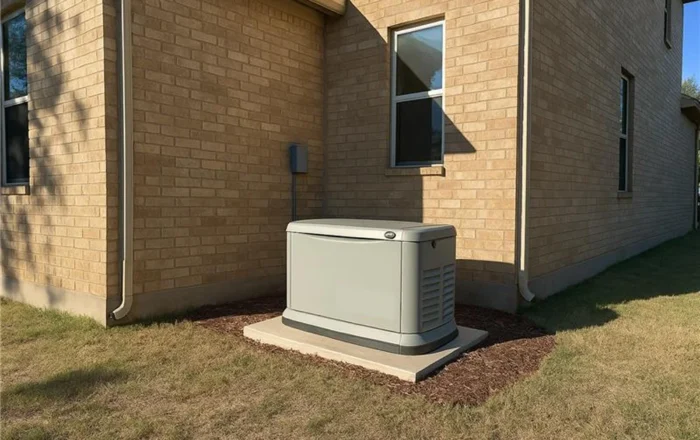Is My Thermostat Broken?
5 minute readHow to diagnose a faulty thermostat, fix common issues, and know when it’s time for a replacement.
Home > Blog > Choosing Between a Gas vs Electric Dryer: Which is Right for You?
5 minute read • Last update April 2024

While it might not feel like a decision that can make a big difference, choosing between a gas vs electric dryer can significantly impact your daily routine and budget. So, whether you’re buying appliances for your new home or simply considering a switch, understanding the key differences is essential.
In this quick guide, we’ll explore the following topics to help you make an informed decision:
Let’s evaluate the most significant pros and cons of a gas vs electric dryer in more detail to help you determine which may suit your needs better.
Gas models require a line connection and hookup. However, it’s essential to note there may be additional installation costs regardless of whether you choose an electric or gas dryer. This is because electric models can’t be plugged into a regular 110-120 volt household outlet. Rather, you’ll need to have a 240-volt outlet installed.
The exact cost of installing a new clothes dryer will depend on the specifics of your home. If you already have an existing gas line, the additional expense of getting a new washer/dryer connected may be minimal. However, older homes that are only equipped with electric connections require more work to get new gas appliances up and running.
Gas dryers cost more to maintain in the long run as upkeep and repairs have to be performed by a qualified technician. Conversely, many electric models are relatively easy to maintain and repair without needing a trained professional. Plus, parts are typically cheaper and more readily available.
Payoffs can be found in every comparison here. Gas dryers typically cost more to purchase and install. However, electric models are less energy efficient and cost more to run. Likewise, more maintenance is involved in running a gas vs electric dryer. However, the fuel source is more reliable in the face of power outages.
There’s very little difference in the overall lifespan of a gas vs electric washer/dryer, so this will unlikely be a primary factor in your decision. That said, there are several steps you can take to ensure longevity, regardless of the model chosen:
Are gas dryers safe? This question is a top concern for many consumers. The truth is that both gas and electric appliances can pose safety hazards. As we’ve already noted, the primary concerns with a gas model are leaks and carbon monoxide emissions. However, faulty wiring, short circuits, or overheating on an electric model could just as easily lead to injuries due to fire or electrocution.

Gas clothes dryers rely on either natural gas or liquid propane gas to operate. Just like most electric dryers, they feature a drum for holding clothes and a control panel for operational settings. The primary difference between a gas dryer vs electric dryer is the gas burner assembly. Usually located at the rear of the appliance, this is where the gas is ignited to generate heat for drying.
Gas dryers work using a combustion chamber to heat the air inside the drum. As the drum rotates, the heated air circulates, evaporating moisture and drying your clothes. A gas dryer’s heat is usually regulated by a thermostat, making it easy to maintain the desired temperature for varying laundry loads.
Ready to learn more? Here’s a list of the primary pros and cons of choosing a gas vs electric washer and dryer.
As we’ve already mentioned, the front of most electric and gas dryers look very similar. However, with electric models, there’s no combustion chamber at the back of the appliance, just a standard electrical outlet that plugs into the wall in your laundry room. Rather than relying on a gas hookup, electric models use heating elements to convert electrical energy into heat, which absorbs moisture from your clothes, causing evaporation and drying as the drum spins.
The absence of gas lines means there’s no need for additional ventilation in your laundry space to emit the by-products of the combustion process. But that’s not the only difference. Let’s take a more detailed look at the pros and cons of installing an electric vs gas washer and dryer.
It’s usually relatively straightforward to tell the difference between a gas and electric dryer with a quick visual inspection:
All gas and electric appliances should come with documentation that indicates how they operate. So, if you’ve inspected all of the above and are still unsure whether you’re looking at a gas vs electric clothes dryer, the best course of action is to refer to the manufacturer’s specifications.
Regardless of your preference when it comes to gas or electric dryers, choosing a trustworthy and reputable utility provider is vital for keeping all of your home appliances running at an affordable cost.
Switching to BKVE could save you up to $800 per year! We offer a range of low-cost, straightforward energy plans with simple fixed rates and transparent terms. Enter your zip code to learn more and find the right plan for your household today!
Graham Lumley, Digital Marketing Manager at BKV Energy, leads digital and traditional marketing strategies, focusing on educating Texans about the state's deregulated energy market. With over 8 years of marketing experience, he creates content to help consumers understand and save on their energy bills, bringing a fresh and dynamic approach to the industry.

How to diagnose a faulty thermostat, fix common issues, and know when it’s time for a replacement.

How to choose the right generator for your Texas home
Get $50 off your electric bill!
Use code BKVEJOINUS50
Enter your zip code to shop BKV Energy's affordable, fixed-rate Texas electricity plans. Use the promo code for $50 off your electric bill.